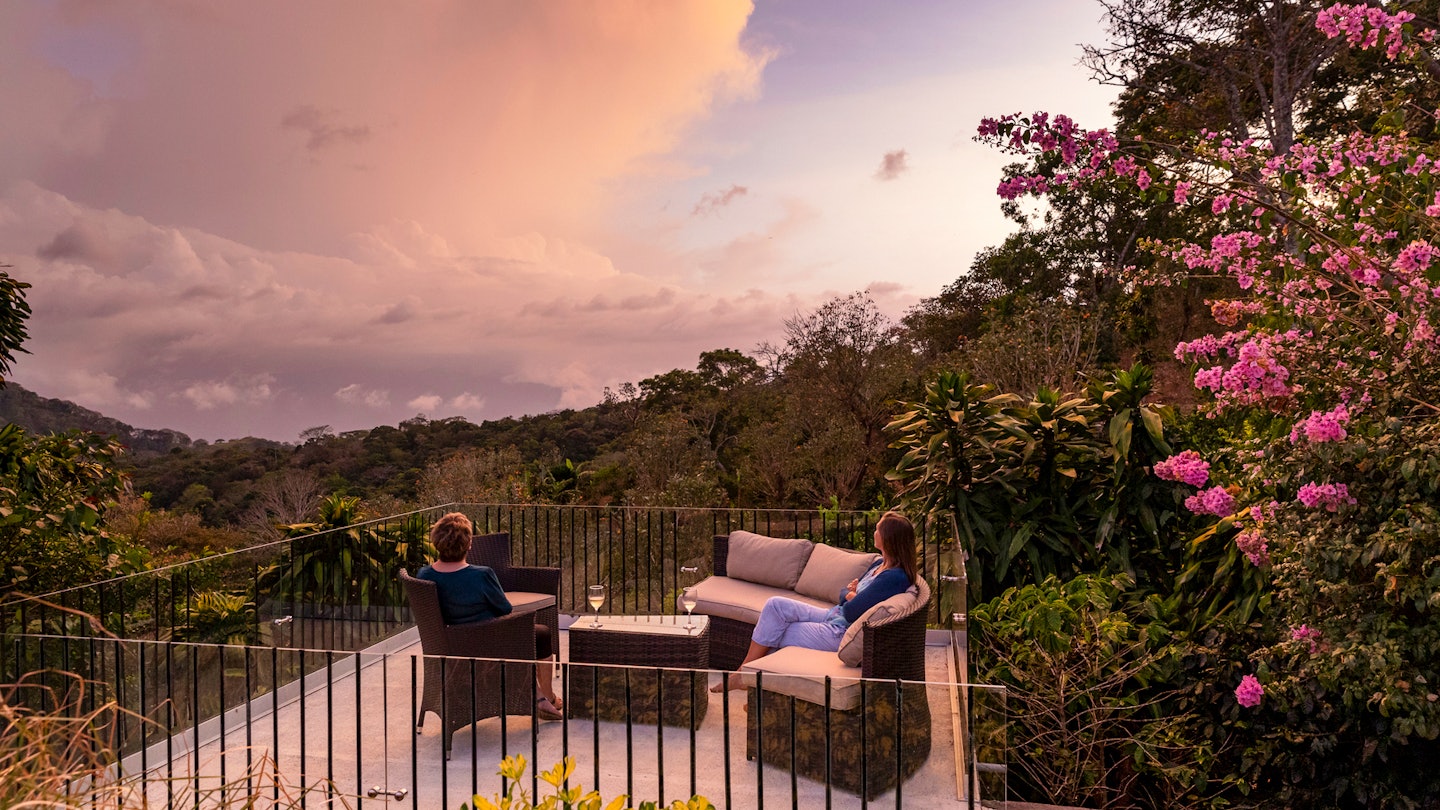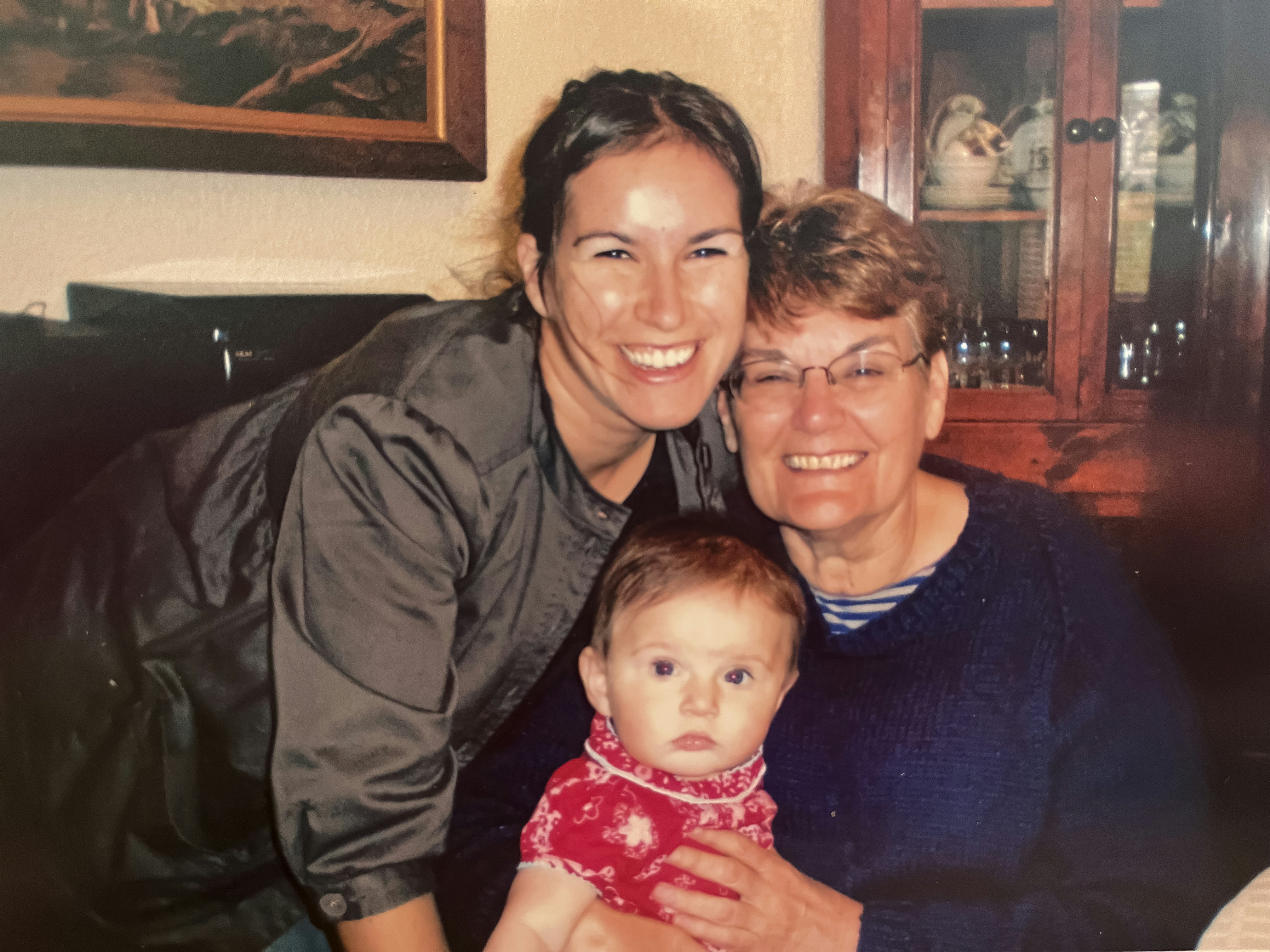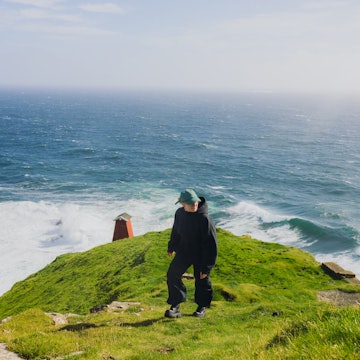
My mother had dementia – and a trip together helped me understand her condition

Jul 28, 2023 • 5 min read

It was during a trip together to Thailand and Laos that my mother’s onsetting dementia began to reveal itself © Stocksy
It’s no longer something to keep hidden.
In recent months, we’ve heard about Bruce Willis’s frontotemporal dementia and Chris Hemsworth’s genetic predisposition toward Alzheimer’s disease (which doesn’t necessarily mean he’ll get it). Wendy Mitchell has been writing about it, while British broadcaster Fiona Phillips started to experience early-onset Alzeihmer’s at just 61.
My own mother developed early-onset dementia when she was in her late 50s. Although none of us realized what was happening at first.

Heading off on our one-and-only overseas trip together
It was only when I took my mum Heather on a trip to Thailand and Laos to cheer her up – I had thought maybe she had a form of midlife depression – that her condition began to really reveal itself.
The thing about dementia is it’s often a slow burn. Only once a person is diagnosed do other changes start to make sense – in retrospect.
It seemed odd to me when she started walking much more slowly than normal (is it the humidity?) or holding my hand when we crossed the road as if I were the parent and she the child. Crossing the road in Bangkok can be slightly terrifying for first-timers, so I took her hand and led her through the flow of traffic, as one does.

My mum let me make every decision that holiday: what we ate, where we stayed and what we did each day. This was completely unlike her, mind you – but, to be honest, I was rather enjoying the role reversal.
Before this trip, mum had only ever traveled in relatively wealthy economies – Australia, New Zealand, the USA, much of Europe and a solo trip to Hong Kong – so I chalked up her unusual behavior to some kind of “culture shock.”
But now one of my fondest memories from that trip was her childlike glee when we set up our bunks on the sleeper train from Hua Lamphong to Nong Kai on the Laos border. It felt like we were friends traveling together on a school trip, filled with adventure, delight and lots of love.

Is it too late to travel once you have dementia?
Many people’s perceptions of dementia are of the late stages of the illness, when life is extremely challenging. In The Father, Anthony Hokpins’s portrayal of such disorientation is both empathetic and frightening.
But dementia doesn’t begin like that.
Another film to deal with the disease, Still Alice, sees Alice Howland (played by Julianne Moore) and her family coming to terms with their grief, and the slow realization they all they can really do is just live in the moment and make each one count.
As Bruce Willis’ daughter Tallulah, quoted in The Guardian, explains the era their family has entered with his diagnosis: “It feels like a unique and special time in my family, and I’m just so glad to be here for it.”

So, is it too late to go traveling once you have dementia? The answer is very much up to you. For many caregivers, time away from routines offers the reset and recharge they need. (Not to mention the luxury of having your room made up while you’re out.)
Statistics suggest as many as 65% of caregivers experience depression. Any expert will advise that participating in activities you enjoy is among the best things you can do to maintain your mental health.
I spoke to Dr Carol Sargent, an expert on a mission to change perceptions of dementia, as well as a consultant determined to make the travel and tourism industry more dementia-friendly. Dr Sargent explains that travel is about open-mindedness, connecting and creating lasting memories for family and friends. For many people, a diagnosis is the impetus they need to take that trip they’ve been putting off – while they still can.

How can tourism businesses be more dementia-friendly?
There are many ways tourism businesses can support people struggling with dementia, an often invisible disability. What’s more, adjustments made for one community almost always have a positive impact for everyone else – something called the curb-cut effect. If you’ve ever sighed with relief because there’s a ramp to wheel a heavy suitcase up a steep flight of stairs, or you’ve watched TV with the captions on to catch every delicious word of Succession, you understand the phenomenon.
Dr Sargent helps businesses identify small changes that can enable people with dementia – and their caregivers – to travel more easily. Almost all of these adjustments are not costly and benefit almost everyone: parents traveling with children; travelers with autism, ADHD or social anxiety; anyone with specific dietary requirements; even an exhausted business traveler who wants to order room service without needing to scan a QR code from a television with overly complicated remote controls will recognise the value in the many of these recommendations.

Since the primary value of the hospitality industry is making people feel welcome, step number one is staff training. Well-trained, emotionally intelligent staff can have a huge impact on people with both physical and invisible disabilities. And for hospitality workers, there’s increased job satisfaction working in an industry with a greater sense of purpose.
Other small adjustments can help people living with dementia (and the rest of us too!) while they’re on vacation. These include:
Clear signage – and who doesn’t want to see more of that?
Uncomplicated instructions and directions.
The use of high-contrast colors to identify light switches, door handles and seats.
Designated quieter times – such as early mornings with reduced visitor numbers.
A “timeout space” for people to escape to. At the Tate Modern, for example, there is a quiet room with dimmable lights.
Sensory-friendly cinema screenings.
Alternatives to the buffet, since too many choices can be overwhelming. Even better, giving guests an option to pre-order their meal the day before.
For every accessibility improvement for the few, benefits flow to the many. For families looking to travel while supporting someone with a life-changing diagnosis, the trip of a lifetime might lie in store.






















